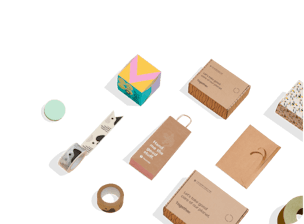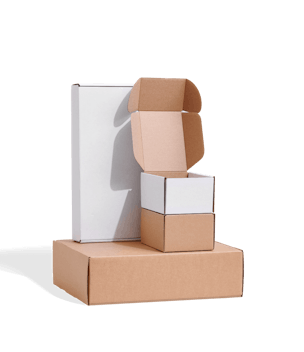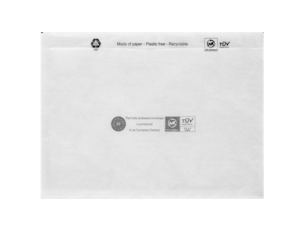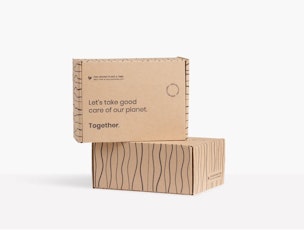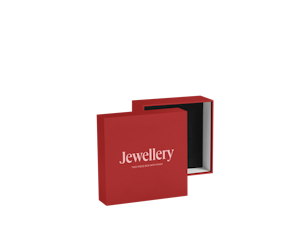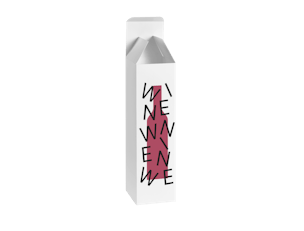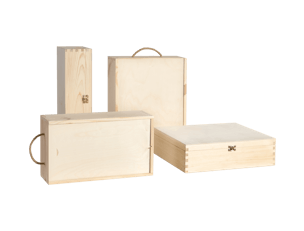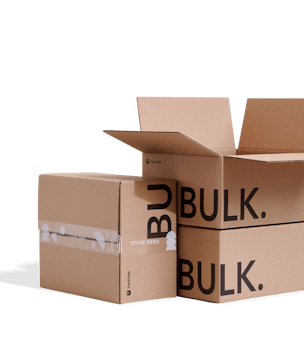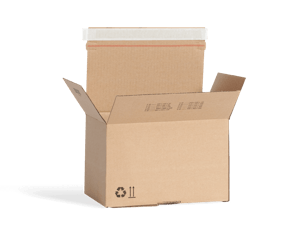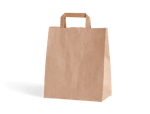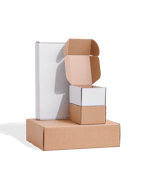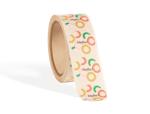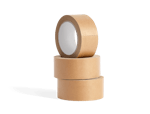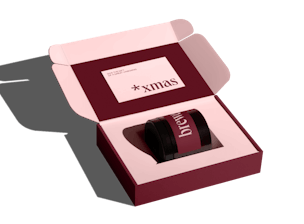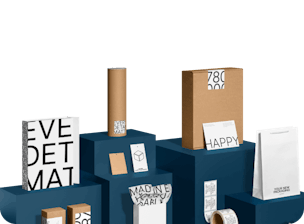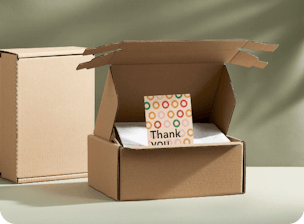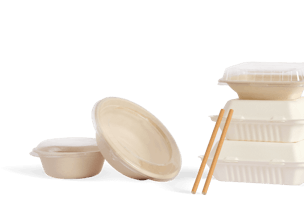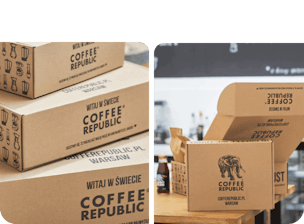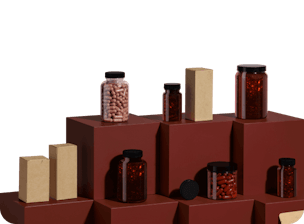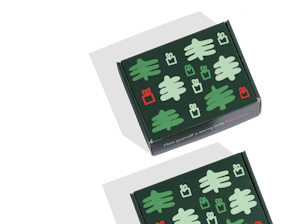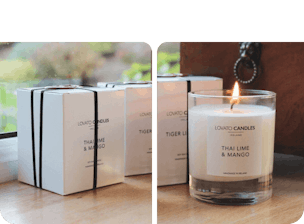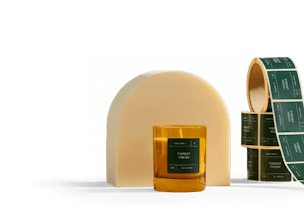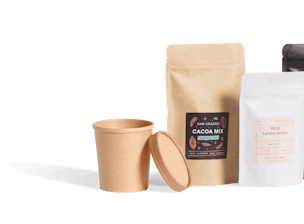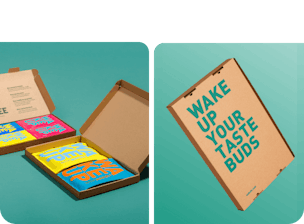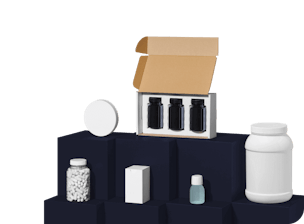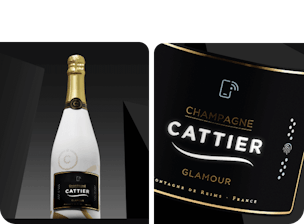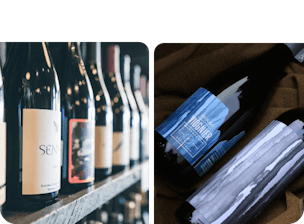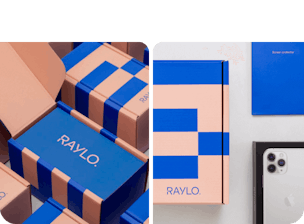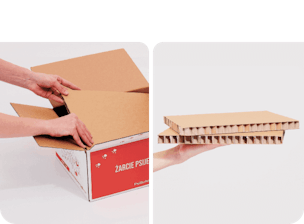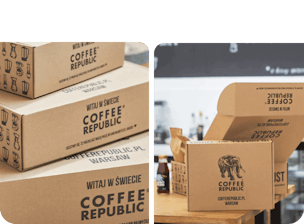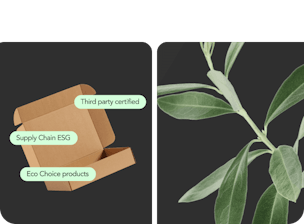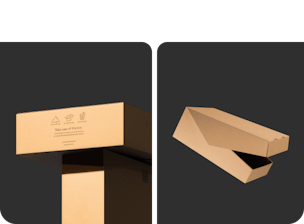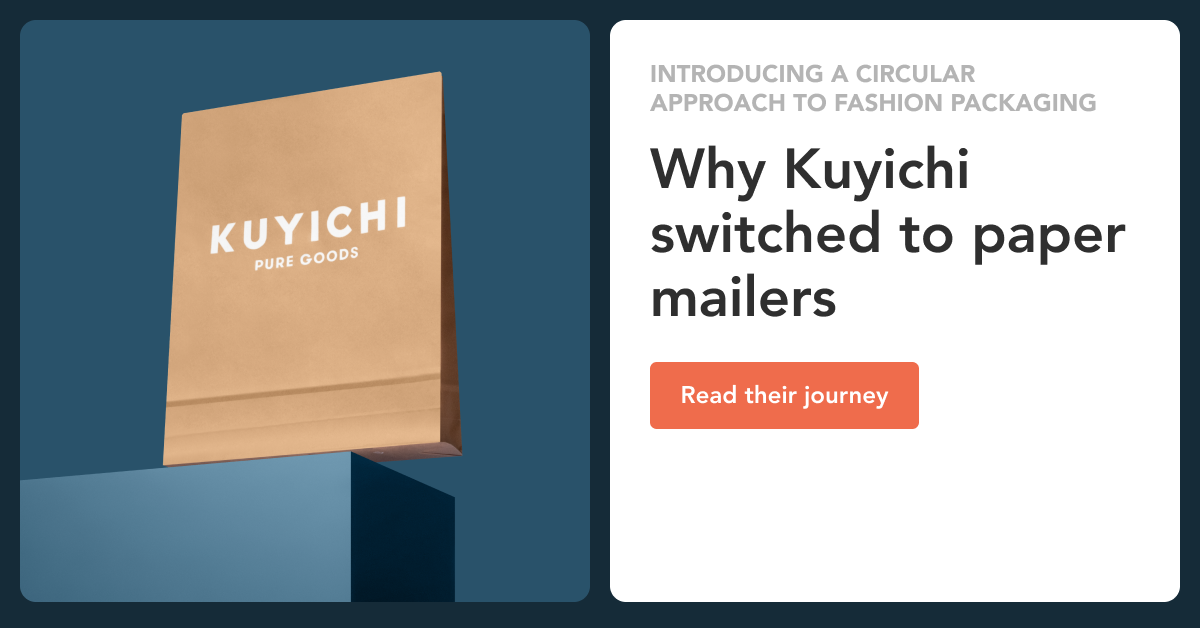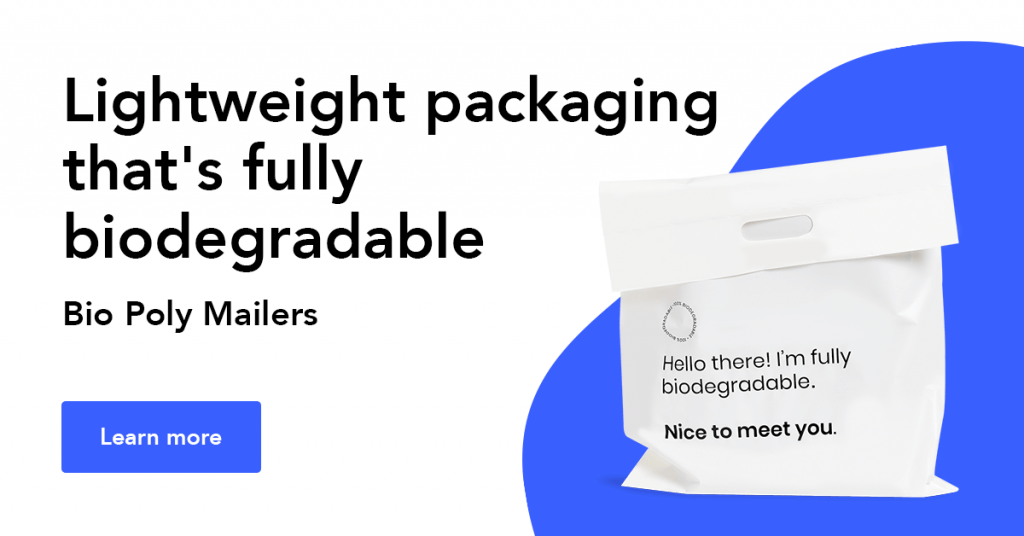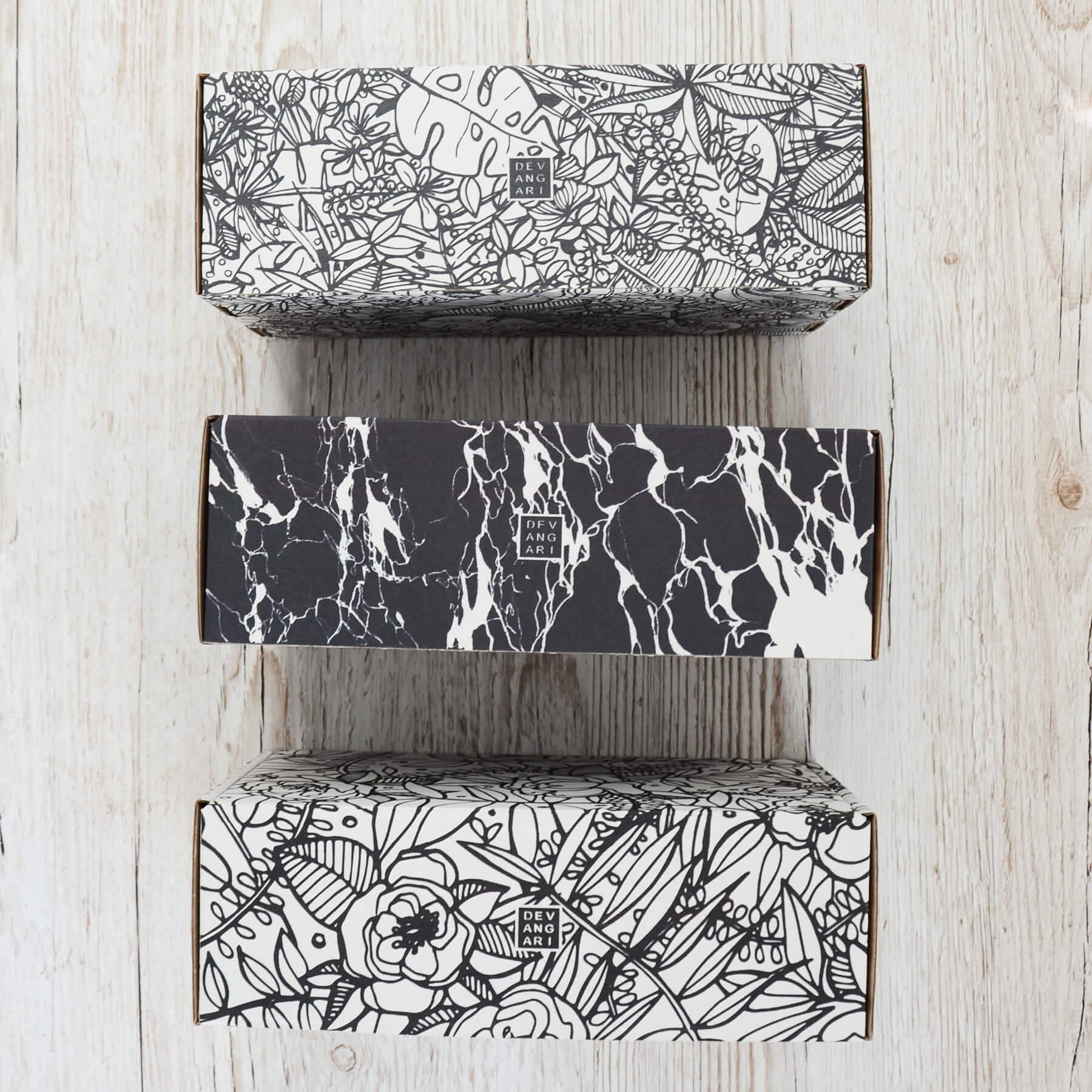Implementing Genuinely Sustainable Packaging In A Small Brand

Subscribe to stay updated
You're now subscribed!

Sustainable packaging is becoming a higher priority for both brands and consumers - more now than ever before.
McDonald's announced its packaging will be 100% renewable and recycled by 2025.
Millennials are pushing brands to be more socially and environmentally responsible.
British marketplaces are being built around eliminating single-use plastics.
It's clear that the term ‘eco-friendly packaging’ is clearly more than a buzzword.
In fact, implementing eco packaging in your brand’s operations is no longer an option - it’s a necessity.
Click here to explore Packhelp's range of certified packaging
Need more proof that sustainable packaging is now the norm?
A recent study found that:
- 37% of U.S. consumers prioritize sustainability when making buying decisions.
- 51 % of supply chain professionals expect the circular economy to expand in popularity in the next two years, as a result of the pandemic
- 30% of consumers are willing to pay a premium for products that deliver on sustainability claims
Many of us were brought up with the phrase 'reduce, reuse, recycle' in our vocabulary. Today, it's essential to your business that you reflect these same values. Not only to help the environment, but also to increase brand loyalty amongst eco-conscious consumers.
In this article, you’ll see:
- What is packaging sustainability and sustainable design?
- Examples of environmentally friendly packaging solutions
- Material technology’s influence on sustainable packaging solutions
Material science and packaging engineering are developing at an incredible speed. As a result, more eco-friendly packaging options are on the market that can take care of a wide range of products.
More brands are switching to eco-packaging - wellness supplements, ethical fashion and apparel, the food industry, and even cannabis branding works closely with packaging sustainability.
There have also been many breakthroughs in plant-based packaging and compostable packaging. This also means that it’s getting easier for your brand to reduce its carbon footprint.
Plus, with the public more and more aware of the waste caused by bad packaging, wasteful brands are being named and shamed.
So let’s dive into the world of green packaging, and see its benefits for your brand. But before we go too deep, what does packaging sustainability actually mean?
What is sustainable packaging?
Simply put, it is packaging that, over time, reduces its environmental footprint.
This can happen in a number of ways:
- Ingredients: Using raw 100% recycled or raw materials
- Production process: By minimising the production process, supply chain and carbon footprint
- Reusability: Creating a circular economy around the packaging, extending its life cycle and usability.
It’s simple to say that eco-packaging is entirely about the environment. It also should take into consideration economic and social factors.
For example, plant-based packaging may seem like a viable option. But quite often that means clearing endangered rainforests to grow crops.
Eco packaging needs to consider the economic factor. It needs to be priced competitively over traditional oil-based/single-use packaging options.
So yes, the definitions can get a bit messy at times!
A fancy custom label that says ‘eco-friendly’ doesn’t mean that it’s sustainable. Similarly, labelling something as sustainable doesn’t mean that it’s ethical.
But here's what's most important if your brand is considering a change:
Do your own research.
Definitions aren’t always black and white. It pays to ask your packaging manufacturer a number of questions.
The Sustainable Packaging Coalition is a great resource. Here, you can see the certifications of certain brands and products. It's also a great way to further your knowledge of recyclable packaging in general.
Want to know about what Packhelp's doing to further packaging sustainability? Click here to learn more
There are also other bodies, like the Forest Stewardship Council. They ensure that any wood-based products (like cardboard boxes) are made from sustainably-sourced forests.

Sustainable product packaging, coupled with sustainable package design, is a potent combination. These characteristics can be a great way to set your brand above your competitors.
What is sustainable design in packaging?
Sustainable design is designing product packaging with the main purpose of doing as little harm to the environment as possible.
This can be achieved by using recycled material. You can also do this by designing your packaging with another purpose in mind.
For example, this shopping bag from H&M transforms into a clothes hanger.

Not only are these bags made from less material than H&M’s traditional plastic bag, but the paper is 80% recycled.
H&M knows its audience is people between 18 and 35. They know that these people care about the environment.
H&M know their customers appreciate brands with eco and reusable packaging solutions.
Therefore, sustainable design with reusability in mind increases brand loyalty amongst their audience.
Here's another example.
We've recently analysed the supply chain of IKEA, and how the global leader started to invest in biodegradable types of packaging made from mycelium fungus. The change has been a pioneering example of leaving styrofoam behind - the common resource used to secure products in cardboard packaging.
While it might seem like that, sustainability in packaging isn't just about eco-friendly packaging materials.
Simply using less material, regardless of what that material is, can work wonders, too.
Value engineering is the process of redesigning packaging from the ground up with the aim of saving money - and believe it or not, most money can be saved by using less packaging. That was the case of Raylo - a London-based start-up which optimised its packaging by using less material.

The results?
Raylo achieved an 11% decrease in packaging costs, as well as a 25% reduction in weight.
See how Raylo lowered their packaging costs
Packhelp's team of packaging engineers scrutinise over your current packaging options and ensure that your solution is designed to use the least amount of material as possible.
Read below to see some examples of green packaging design.
Environmentally friendly packaging examples
The switch to sustainability requires some research. You need to see how it can best complement your packaging design.
Look at the examples below to see several examples of brands that have done exactly that.
Stripe & Stare
Fast fashion emits more CO2 per year than every single commercial flight in the same time frame.
It’s safe to say that big fashion retailers are a major contributor to increasing emissions.
Stripe and Stare knew this and wanted to take a product that we all need - underwear - and make it more sustainable.

Made from Tencel, a natural fabric produced in Austria from Beechwood trees, Stripe & Stare’s products are three times softer than cotton and uses 95% less water than cotton.
Plus their underwear is entirely compostable.
The brand obviously needed packaging to suit these same values.
Eco-mailer mailer boxes were the ideal solution, but the brand went one step further and perfected the number of packaging products they use.
Rather than adding in void filler, the brand used boxes that were as thin as possible.
The result is less empty space inside the box, and less raw material used to create the packaging.
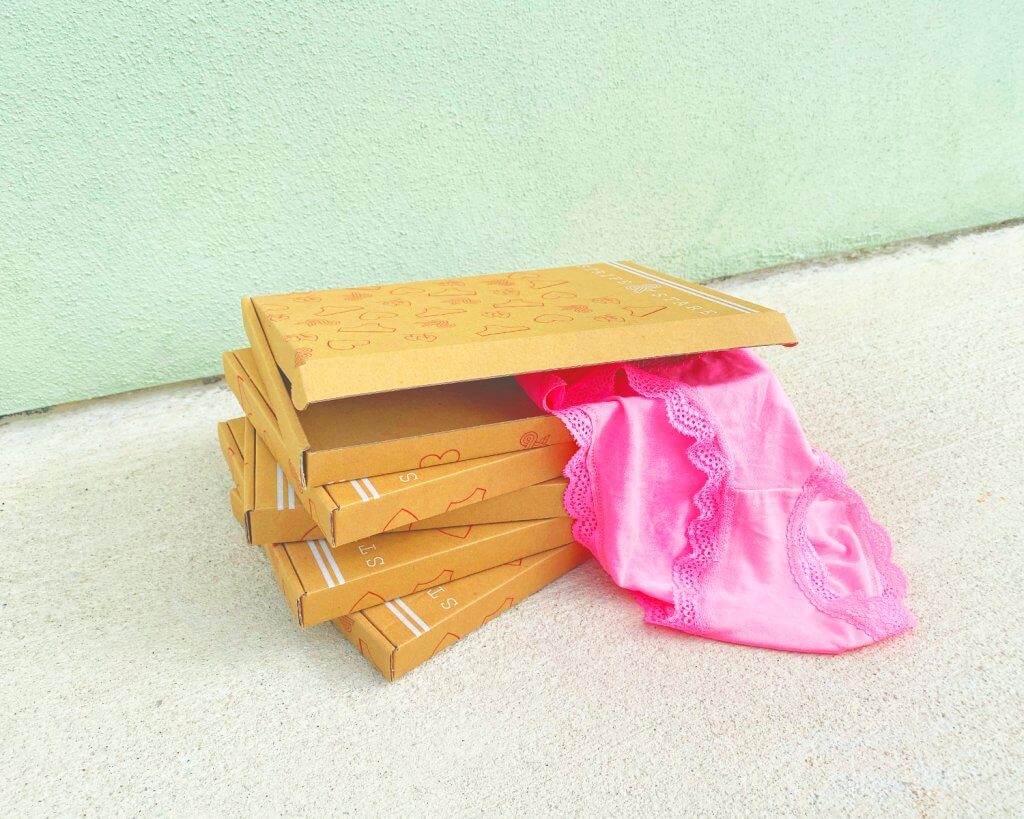
And this is a valid point - sometimes being sustainable isn’t just about the material, it’s about the amount.
Featured product: Eco shipping boxes that suit Royal Mail shipping dimensions
Sunad
Sunad is a Spanish brand that uses natural fibres to replicate classic, timeless fashion.

Not only did the brand want to implement a natural and sustainable packaging solution, but they also wanted a design that would match the colours and hues of their garments.
Their first idea was an eco mailer box, but they soon realised that their soft and durable pants, blouses and accessories didn’t need heavy corrugated cardboard.
In the end, Sunad started using expandable kraft mailers.

These mailer bags are a unique form of clothing packaging and let the brand leverage the natural kraft texture of paper pulp, while also keeping material usage at an absolute minimum.
Featured product: Expandable kraft mailers
Hemp Juice
Hemp Juice is a Polish seller of CBD products. They needed environmentally friendly and custom CBD packaging to showcase their range of oils while creating a memorable and branded unboxing experience.

Using two packaging products and the use of colour to distinguish their products from each other, Hemp Juice has used recycled and recyclable cardboard to implement packaging that leaves the smallest carbon footprint possible.
Featured product: Eco colour mailer boxes and custom pouch packaging.
Sheyn
Sheyn is a Vienna-based jewellery studio that focuses on simple yet elegant design. The brand's founders were eager to explore the possibility of 3D printing, and that's how they arrived at their incredible range of jewellery. By using innovative technology, their production is fully sustainable too.
Sheyn have used a kraft mailer box made of 80% recycled material. This takes their unique design onto their packaging. In turn, their customer has a memorable unboxing experience based around their packaging.
Featured product: Eco mailer box
Origin x Performance
This UK-based brand incorporated sustainability in every aspect of its sportswear business - down to the last thread in its clothing.
Each garment is shipped in a branded mailing bag or custom jiffy bag. Unlike most bags used by a vast majority of e-commerce brands, Origin X Performance's packaging is fully sustainable. These bags are made from natural, biodegradable ingredients, and are just as durable as recyclable plastics and plastic alternatives.
Featured product: Bio Poly Mailers
Monday’s Child
Monday’s Child is a British company, selling young girl's clothing for special occasions.

The packaging that Monday’s Child uses tackles sustainability from the other side. The box doubles as a doll’s house for its young users.
By adding extra value to the packaging, a customer gets more value for money. Reusing the box also extends the life of the packaging.
Featured product: Full-colour mailer box
Vegan Bunny
The name says it all - Vegan products. Vegan Bunny is a candle company making candles free of animal products.
To echo that same sentiment elsewhere in the company, the brand decided to use Packhelp’s white on kraft mailer boxes.
The glues used to hold the paper pulp together are derived from rubber, rather than animal products.
Similarly, the white inks are soy-based and contain no pigment from any animal products.
Vegan Bunny found the ideal packaging solution to echo its values toward sustainability and ethics.
Featured product: Eco mailer box and two-piece product boxes
Why packaging sustainability is important
There’s no need to go into detail about why sustainability in packaging is important. If you’re reading this article, you know it’s crucial.
If you still need convincing, take a look at these tweets directed at Amazon's frustration-free packaging program:

But the push toward packaging sustainability isn’t just from the end consumer.
Large corporations like Unilever Australia have recently put pressure on the Australian government. Unilever has demanded the government do more in the plastic pollution battle.
And if corporations of this size can put the heat on governments, it means:
- Consumers want to associate with brands that are environmentally focused
- Large corporations are spearheading the initiative to help their public image
- Smaller and medium brands will be forced to implement sustainability in their packaging
Consumer behaviour & packaging sustainability
8 tips to move to environmentally friendly packaging
If you’re a brand that’s considering a switch to eco packaging, here are a few tips to make sure you get the most from the process.
1- Don’t change everything at once
Whether you’re selling 1 product or several thousand, it’s best not to commit totally to packaging sustainability before you’ve tested the concept. You can do that by sampling packaging options.
2 - Order product samples
As just mentioned, it’s risky to commit to a new packaging solution before testing it. Consider ordering a sample pack to inspect the quality of the packaging for yourself. Once you’re convinced that this is a practical option, then order in bigger quantities.
3 - Consider a redesign
Implementing new packaging can be a double-edged sword if done at the same time as launching a new redesign of the brand.

A new logo, a new colour pallet and design assets can truly be complemented by sustainable product packaging.
4 - Adjust your pricing
Price is obviously a factor that needs to be considered. You may be surprised to know that packaging made from 80% recycled material can be had for as little as €0.26 per piece.
Once you’ve settled on a packaging option, it’s important to calculate if you can absorb the cost of packaging or whether you need to increase prices accordingly.
5 - Order small volumes
Part of testing how your brand (and customer) takes to your new packaging, is to do so in small volumes. Order as little as 30 pieces and judge the reaction of your team and customers. When everything is assured, scale up your order size!
6 - FIFO
FIFO stands for ‘First in, first out’ and it’s a method you might like to apply to your packaging. Before using your new packaging design, make sure that you’ve used up all your old packaging first.
7 - Consider eco-ing your product
Once your customers have taken well to your new packaging solution, consider bringing the concept of sustainability to your product itself. An eco-friendly product in an environmentally friendly box is a double-edged marketing sword!
8 - Flaunt your eco packaging
A brand that aligns itself for the good of the environment is something that the world wants to hear about. It’s a moral that can make your brand stand out and be seen over your competition.
Work your sustainability into your marketing campaigns and make sure that people know that you’re out there to help the environment.
Sustainable packaging companies
As a young packaging company, Packhelp knows only sustainability and working alongside the environment.
We have a responsibility to care for the environment and help our customers do the same.
Being a fresh and disruptive brand to the stagnant and old-fashioned packaging industry, we’ve learnt many things.
None more important than this:
Most small to medium brands want to sell their product in packaging that doesn’t damage the environment.
That’s why every single cardboard product in our range is made from a minimum of 80% recycled cardboard. This means that when you order custom packaging from us, you’re getting a material that was a book, cereal box or a bank statement in another life.

If you’re looking to get started with sustainably made packaging, check out Packhelp’s range of customised packaging options, or contact us so we can help create your unique packaging idea.
Conclusion
In this article, you saw the current state of environmentally friendly packaging and how your small brand can start using it. You can now see how a brand can use eco-conscious packaging to build a better relationship with eco-minded customers.
With a global shift toward fighting climate change, the way we approach packaging is set to grow and change. Rather than being an alternative option, environmentally friendly packaging is only going to become more important.










